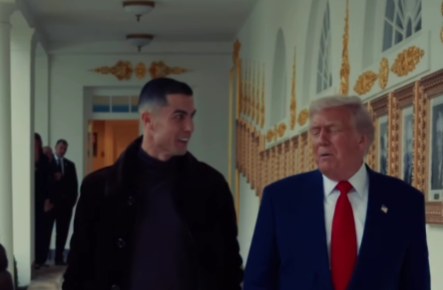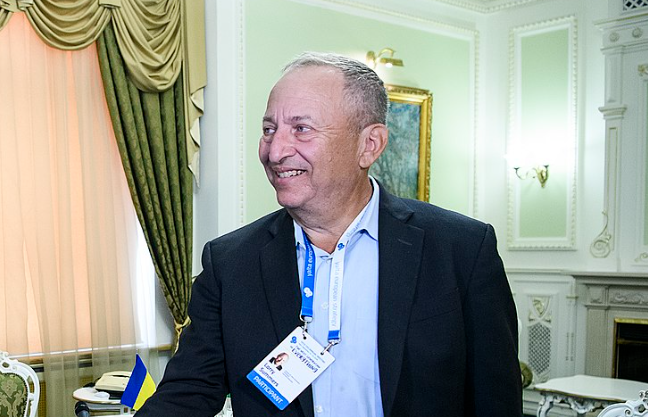Man Lives 555 Days With Artificial Heart in Backpack
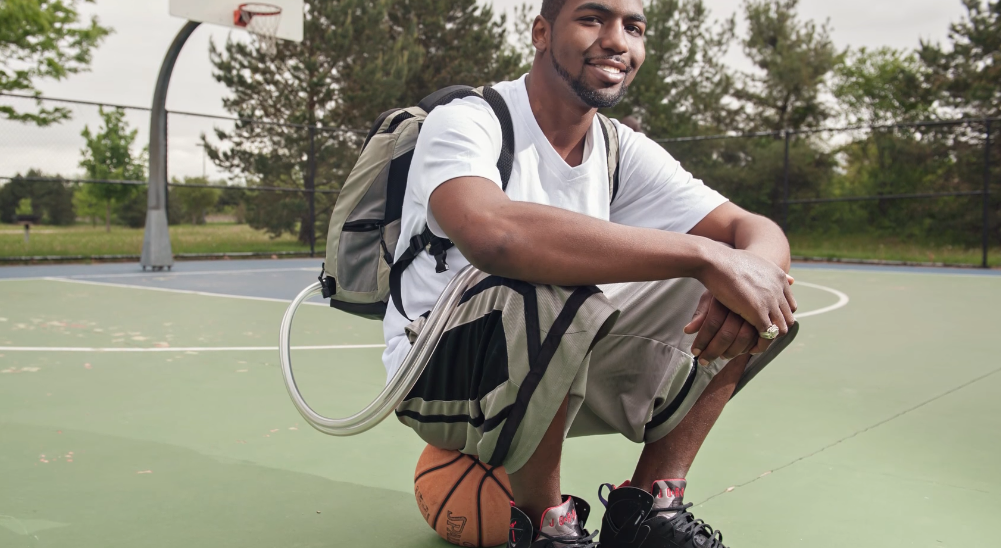
©️ Michigan Medicine / Youtube
Imagine being 555 days without a heart and carrying it around in a backpack.
That was Stan Larkin’s reality for over a year and a half. Diagnosed with a genetic heart condition at 16, Larkin faced a life-or-death situation when his heart weakened further. Doctors implanted a groundbreaking device called a SynCardia temporary total artificial heart, essentially replacing his failing organ.
Living With an Artificial Heart
For 555 days, Larkin defied limitations. Despite carrying the 13.5-pound Freedom Driver in his backpack, he continued playing basketball and spending time with his family.
This remarkable feat was only possible because of the portability of the device, a significant advancement compared to earlier bulky models that confined patients to hospitals.
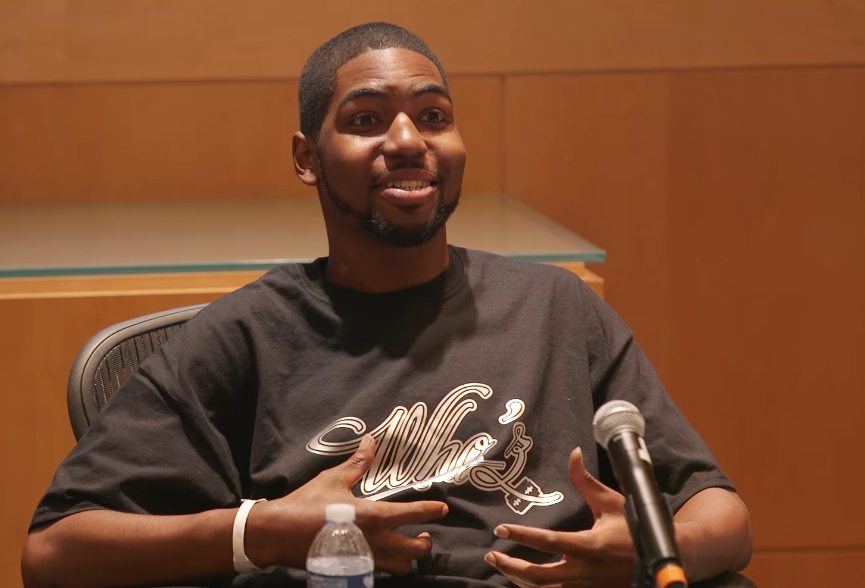
From Basketball Court to Life Support: A Sudden Change
Larkin’s life took an unexpected turn at 16. A seemingly harmless game of basketball ended in collapse, a stark reminder of the silent threat lurking within him – familial cardiomyopathy. This condition weakens the heart muscle, progressively hindering its ability to pump blood.
Years of managing the condition with a defibrillator couldn’t hold back the tide. As both ventricles (the pumping chambers) of Larkin’s heart weakened, his future grew increasingly uncertain.
Hope Arrives in a Backpack: The SynCardia Freedom Driver
In 2014, facing a life-or-death situation, Larkin received a revolutionary implant – the SynCardia temporary total artificial heart. This remarkable device essentially replaced his failing heart.
However, unlike earlier models that tethered patients to hospitals with bulky machinery, the SynCardia boasted a portable driver – the Freedom Driver – a 13.5-pound powerhouse that fit snugly into a backpack. This innovation became Larkin’s lifeline.

555 Days of Defiance: Living with an Artificial Heart
For 555 days without a heart, Larkin defied expectations. Despite carrying his heart in a backpack, he wasn’t confined to a hospital bed. He continued playing basketball, albeit with modifications, and cherished time with his young family. The constant hum of the artificial heart became a familiar rhythm, a testament to his will to live.
The Race Against Being 555 Days Without a Heart: The Importance of Organ Donation
While the artificial heart kept Larkin alive, it wasn’t a permanent solution. He desperately needed a human heart transplant. Thankfully, after a long and anxious wait on the transplant list, a perfect match was found.
The surgery, performed at the University of Michigan Frankel Cardiovascular Center, was a success. Today, Larkin is recovering well, his future brimming with renewed hope.
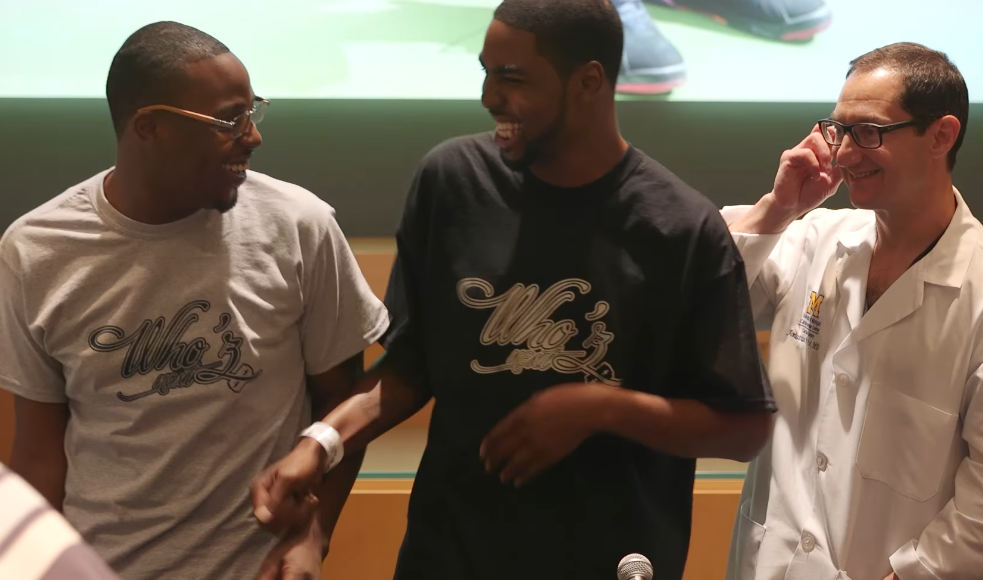
The Impact of Medical Advancements and Selfless Giving
Larkin’s story is a testament to the incredible strides made in medical technology. Artificial hearts like the SynCardia are giving patients like Larkin precious time while they wait for transplants, allowing them to live a semblance of normalcy. It also underscores the critical role of organ donation.
Thanks to a selfless individual, Larkin has a second chance at life, a chance to create countless new memories with his loved ones.
You might also like to read: AI Diagnoses Autism With Accuracy in Early Childhood
